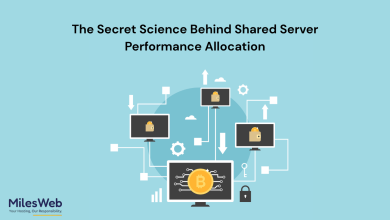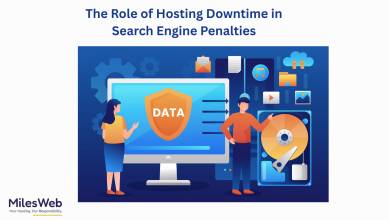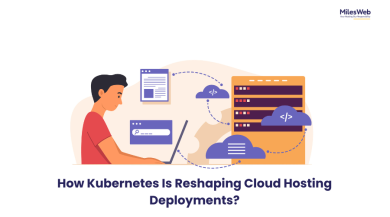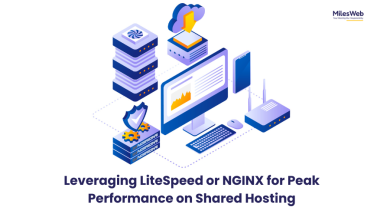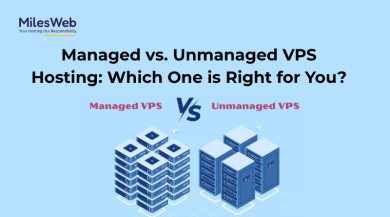Where to start when deciding on a hosting platform
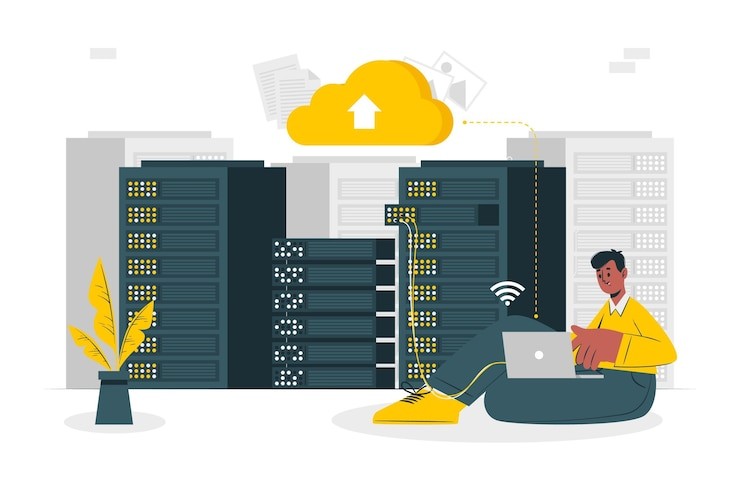
There are a plethora of potential hosts out there. The proliferation of hosting companies over the past few years has made settling on one particularly challenging for newbies who lack experience in managing servers. This post is written for those who are in this position and want to make a purchase but aren't sure what to look for. Let's not waste any more time and get down to the nuts and bolts of how to pick the best hosting service.
Variety of Hosting Arrangements
First, you need to know what kind of server you'll need before you can begin researching providers. You'll need to decide between shared hosting, dedicated servers, and virtual private servers, or VPS for short. There are differences between the three main kinds of servers, each with its own set of benefits and downsides. But how can you decide which one to pick?
Affordable, simple, and ideal for newbies: that sums up shared hosting.
If you're just starting out, shared hosting is a great choice because it's inexpensive, simple, and easy to maintain. Here, though, the benefits of this alternate begin to vanish. By definition, shared hosting requires the server's users to pool their resources. This means that if a server only has so much RAM or storage space, that resource must be shared among all users.
Because of this, certain hosted websites or applications may use more of these resources than others, slowing down the response time of the other apps because they lack the required resources. Shared hosting is a cost-effective solution for individuals with modest online presences such as personal blogs, portfolios, or online stores.
Large, engaging, and resource-intensive websites, such as online marketplaces and service provider sites and apps that require, say, the booking of hotels or tickets, should not use shared hosting. Because your shared hosting company does so much of the heavy lifting, it's a great option for beginners.
Web hosting that is second to none: dedicated servers
On the other side, dedicated servers are the opposite of shared ones. There's a good reason why they're so pricey: a single customer gets exclusive access to an entire server. Therefore, you will not have to contend with other users for server resources. Because of this, most online retailers, corporations, and service providers choose for dedicated servers for their websites and applications, especially if they feature heavy amounts of material like photos, text, and interactivity. Such servers can accommodate a high number of users all at once.
Be wary, though; such servers offer a great deal of leeway in terms of configuration, as well as a plethora of optional extras that may seem daunting to a novice administrator. While some hosting companies will assist you in overseeing your dedicated server, the vast majority will provide you complete, unsupervised access to the machine.
Last but not least, many large enterprises and corporations who conduct the majority of their sales and services online and have a high volume of daily customers, orders, and user contact will find dedicated instances to be the best option due to their price and functionality.
Dedicated servers are expensive and not the best value. VPS servers are.
Finally, you can choose for a virtual private server. Because of their low cost and extensive feature set, they are generally considered to be the ideal compromise between the two alternatives.
The use of virtualization allows for the generation of numerous copies of a computer program that can all run within the confines of a single physical server. If you're unsure what this means, picture a hard drive with several folders, each of which acts like a separate entity and has its own set of resources. Even though multiple virtual machines may coexist on the same physical server, each one has its own dedicated set of resources that are not shared by the other virtual machines. They have access to a quota of the available means that has been set aside just for them.
Furthermore, such servers remain user-friendly even for those with no prior knowledge, while offering advanced users a wealth of additional features, including complete root access. The scalability of VPS servers is well-known. Okay, but what do we mean by that?
Scalability refers to the ability to add or remove components from a server without having to switch to a new hosting package. It's great to have this capability since it means your website or app may grow as needed to handle the influx of visitors. Businesses who operate on a seasonal basis and experience spikes in traffic at specific times of the year, rather than a steady flow of customers all year round, will find this feature particularly helpful.
Overall, due to the many functions they offer, virtual private servers are a fantastic option for both novices and seasoned experts.


